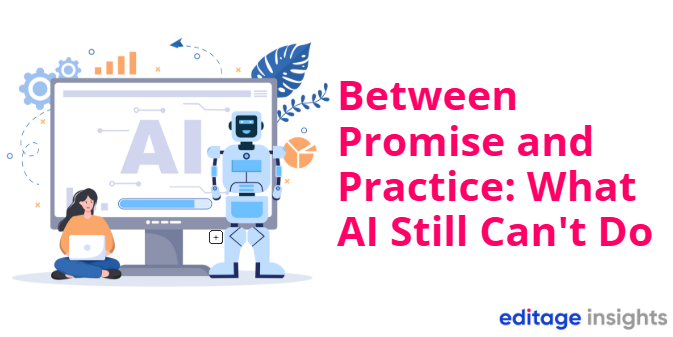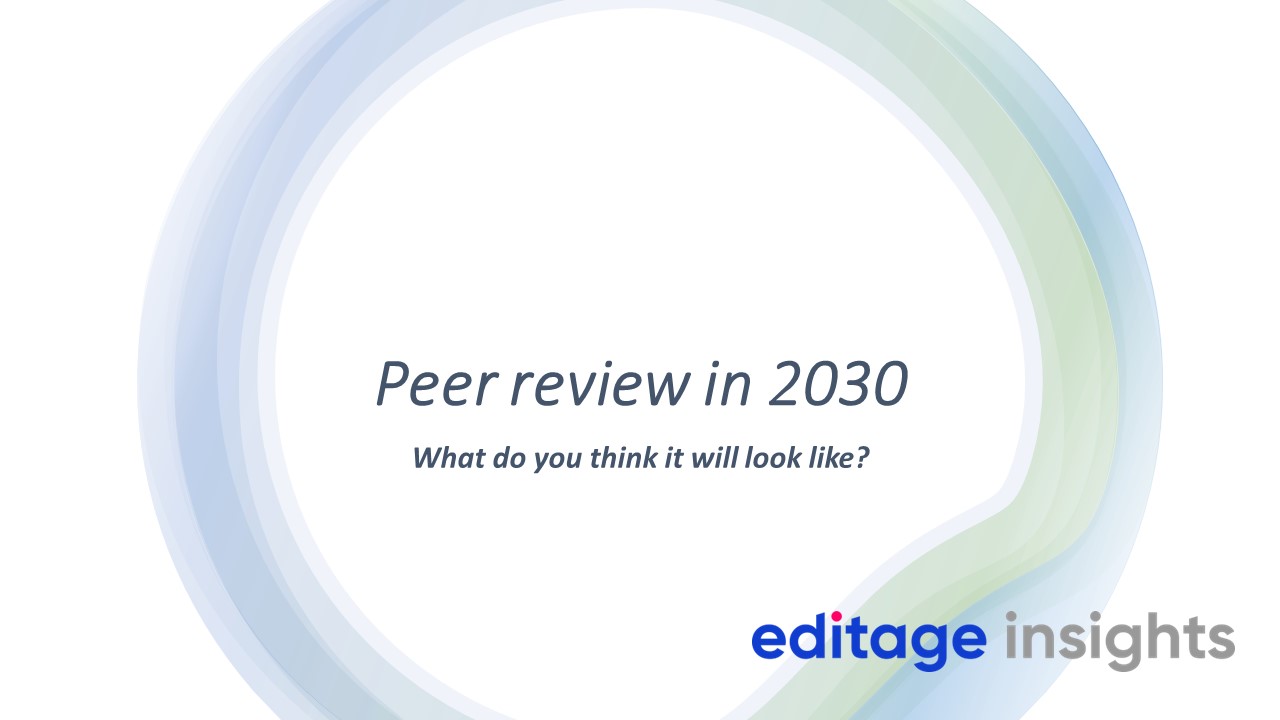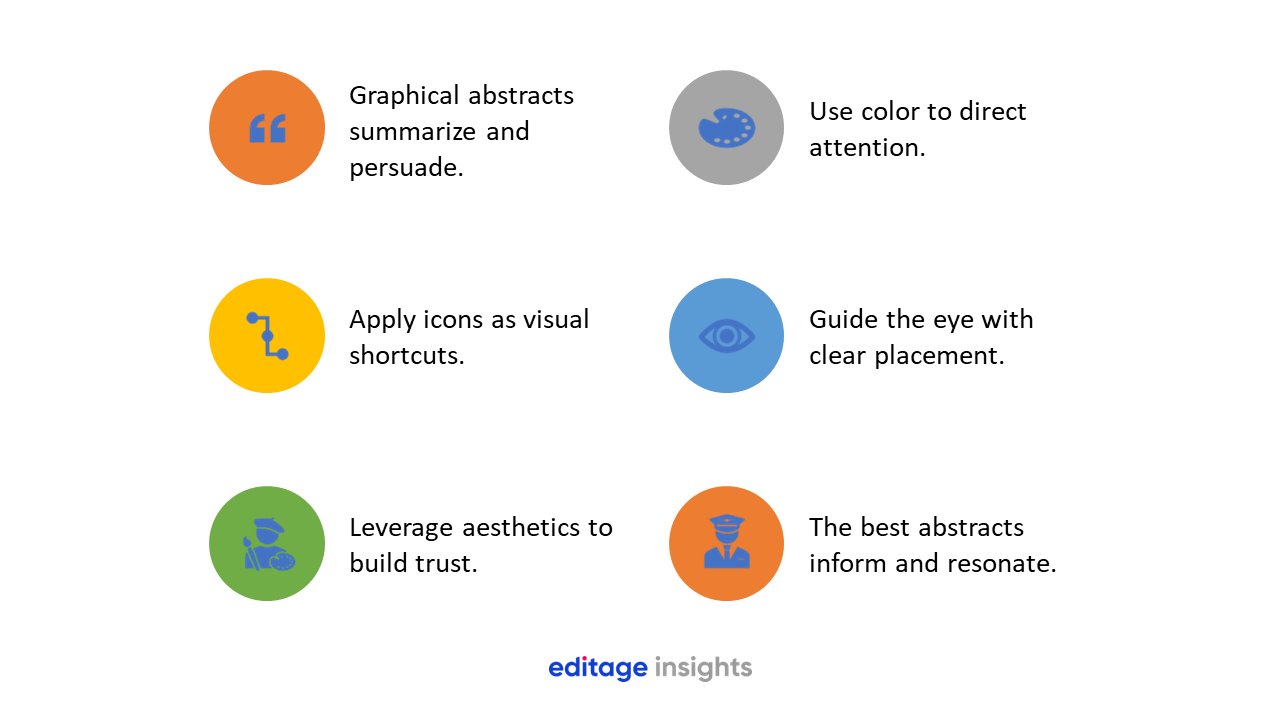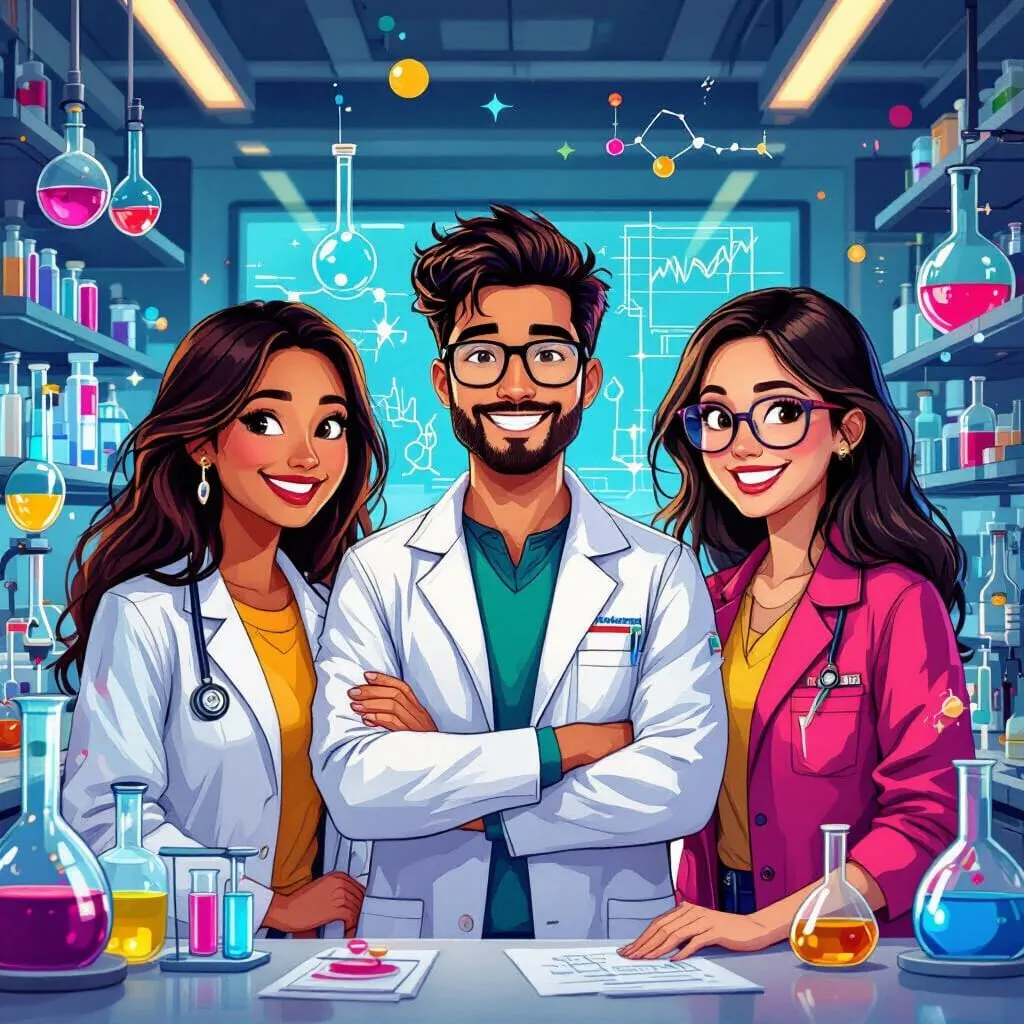All Topics
SLIDE DECK : Between Promise and Practice: What AI Still Can’t Do
Artificial intelligence has rapidly become an integral part of academic research, offering powerful capabilities for literature synthesis, data analysis, and ideation. For doctoral students, these tools present both unprecedented opportunities and significant risks. While AI can accelerate certain aspects of research and writing, its misuse can undermine the very foundations of rigorous academic inquiry. The challenge lies not in avoiding AI entirely, but in understanding its limitations and applying it judiciously. Here, we go through critical pitfalls that can derail research work when AI is used inappropriately.

-
Sep 22, 2025
SLIDE DECK : Peer Review in 2030 – What will it look like?
https://www.slideshare.net/slideshow/peer-review-in-2030-what-will-it-look-like/283214873 We asked Industry Leaders what they thought peer Review would look like in the year 2030. This short slide deck will take you through their predictions! Come back to this post in 2030 to see if they were right! Here is what they had to say: “This year’s theme represents an urgent and collective call to examine how AI intersects with research integrity, reviewer accountability, and transparency in publishing. Our goal is to empower the community to think critically and creatively about how peer review should evolve in this new technological era.” – Maryam Sayab, Director of Communications, Asian Council of Science Editors, Co-Chair, Peer Review Week Committee, Ambassador, Center for Open Science. “I hope to see more constructive criticism and transparency at all levels. While we rely on the expertise of peer reviewers, every researcher should feel empowered to critically evaluate research outputs. Technology can make the process more efficient, but it cannot replace human insight. Science moves forward through collaboration and the open exchange of ideas—and a review process that is thoughtful, critical and transparent is essential to that progress.” – Iva Grabaric Andonovski, Editor Food Technology and Biotechnology, CROASC President, EASE Vice President, EASE Croatian Regional Chapter Chair, EASE Environment and Sustainability Committee Co-Chair. “In 2030, peer review should have become a professional skill, independently recognized, and transferable. I expect it will be completely decoupled from editorial checks, as this will be mainly automated. I also hope that it will include more early stage academics, industry professionals, and members of society at large.” – Maria Machado, Co-Chair Peer Review Week Committee, Stories4Sci: https://stories4sci.blogspot.com/, LinkedIn: https://www.linkedin.com/in/mjmachado/ “While there’s a lot of discussion around the challenges of peer review, it’s important to focus on the value it brings – the chance to critically assess and improve a piece of work. I hope that in the next few years we will be able to harness the opportunities technology brings to make the process easier for reviewers, while preserving the value that can only come from human expertise.” – Laura Dormer, Editor-in-Chief – Learned Publishing, The Association of Learned & Professional Society Publishers (ALPSP). “The conversation on AI and peer review has shifted from ‘if’ to ‘how,’ yet much of the focus remains on what NOT to do rather than the responsible use of AI. If we fail to build clear standards and trust, we risk either slowing innovation or undermining the very integrity peer review is meant to protect. My hope is that by 2030, peer review is a human-AI partnership, but this is possible only if we evolve responsibly.” – Roohi Ghosh, Ambassador for Researcher Success, CACTUS, Co-chair of Peer Review Week Committee, Vice Chair, EASE India chapter Join the conversation at Peer Review Week 2025!

-
Sep 16, 2025
SLIDE DECK : Why Some Graphical Abstracts Work and Others Don’t: The Psychology of Visual Design
https://www.slideshare.net/slideshow/why-some-graphical-abstracts-work-and-others-don-t/282611950

-
Aug 23, 2025
SLIDE DECK : Visualizing Medicine: Using Images to Convey Your Clinical Story
Discover how to use clinical images, graphics, and visual storytelling to make your medical research compelling and memorable. Learn tips, types of visuals, and ethical guidelines for effective visual communication.

-
Aug 13, 2025
